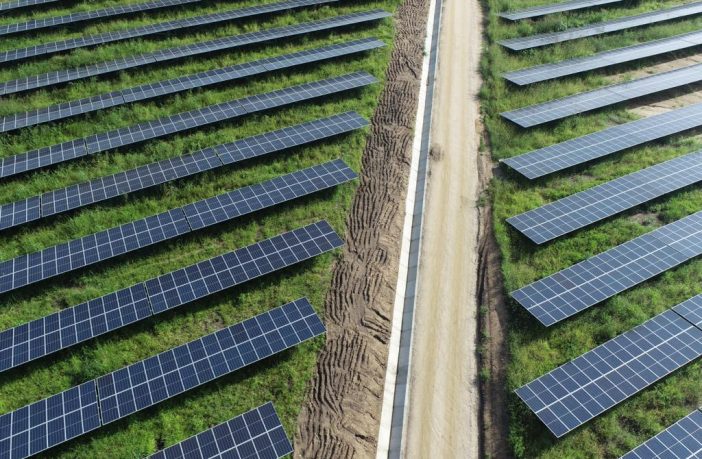- Germany’s KfW Development Bank is supporting the GET FiT (Global Energy Transition Feed-in-Tariff) programme on behalf of the EU and the Federal Ministry for Economic Cooperation and Development (BMZ).
GET FiT provides incentives for private investment in the expansion of renewable energy: in the first phase, the aim is to promote private solar projects and the construction of photovoltaic systems. The BMZ has already provided EUR 25 million for this purpose. In the second phase, which is being launched in parallel, the construction of small private hydropower plants will be supported with EU funds. “Hydropower has huge potential in Mozambique to generate climate-friendly energy,” explains Marco Freitag, KfW portfolio manager. According to studies, there are more than 1,400 possible sites for such power plants, with a potential capacity of up to 18,000 megawatts.
With GET FiT Mozambique II, KfW plans to invest around EUR 20 million to help private power producers (IPPs) enter the market: Investors can receive tariff subsidies that are paid out over several years after the plants have been commissioned (results-based funding). In addition, the connection of hydropower plants to the electricity grid is supported by the programme and the risk of the IPP-financing banks is mitigated by a guarantee facility. The programme also aims to create standardised contracts and approval processes, thereby reducing costs for private investors and speeding up procedures. To create transparency and promote competition allowing for favourable electricity tariffs, project licences will be awarded through an international public tender.
“The EU investment can mobilise additional private capital of about EUR 60 million,” Freitag explains. The programme will focus on the north and the centre of the country, where almost 80% of the population lives and where electricity supply is inadequate and not very reliable. “If reliable energy is provided, this also contributes to economic development,” Freitag explains and emphasises that GET FiT exclusively promotes electricity production from renewable energy sources – and thus makes an important contribution to climate protection. Mozambique generates 80 percent of its energy from renewable sources, with hydropower accounting for almost all of this share. In addition, the installed capacity of hydropower plants is to be more than doubled from currently around 2,200 MW to around 4,500 MW by 2030.
The installed capacity of the plants supported by GET FiT is expected to be between 4 and 15 megawatts. Before a power plant is built, appropriate studies are carried out to ensure that the impacts on nature and the environment remain acceptable and are adequate with regard to the benefits for the population. In total, 25 megawatts of power are to be installed in Mozambique through the projects. Depending on the location of the project sites, this can cover the average electricity consumption of more than 400,000 people per year.
Author: Bryan Groenendaal















